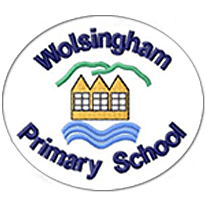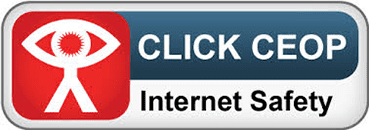In this section of the website, you will find information about our approach to teaching Physical Education at Wolsingham Primary School.
- The Intent provides information on the relevance of Physical Education at Wolsingham Primary School.
- The Implementation outlines how teachers at Wolsingham Primary School teach Physical Education across the school across all stages.
- The Impact outlines what outcomes are achieved for the children at Wolsingham Primary School.
- Subject Progression outlines the learning journey that our children take through Physical Education at Wolsingham Primary School.
- Useful Subject Information outlines any additional information about the teaching and learning of Physical Education at Wolsingham Primary School.
Intent of PEImplementation of PEImpact of PESubject ProgressionLong Term Plans
Intent of PE
Implementation of PE
Impact of PE
Subject Progression
Long Term Plans



